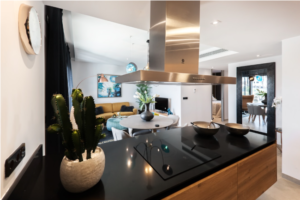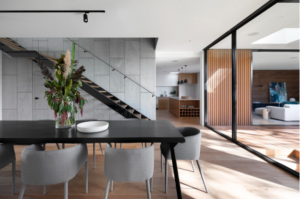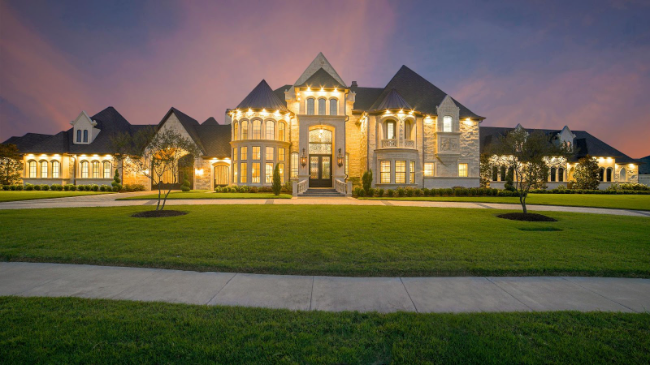Selling your home can feel overwhelming, especially if you’re hoping for a fast sale. Whether you’re moving due to a job transfer, personal reasons, or want a fresh start, the process doesn’t have to be stressful. With the right preparation and strategy, you can sell your home quickly and for a competitive price. Below, we will share practical tips to help you achieve a smooth and swift sale.
Preparing Your Home for Sale: Essential Staging Strategies

First impressions matter when it comes to selling your home. Properly staging your home can make it more appealing and help potential buyers envision themselves living there. Start by decluttering every room to create a clean and inviting atmosphere. Less is more when it comes to furniture and decor—remove any unnecessary or distracting items.
Next, deep clean your home. Buyers are more likely to make an offer on a property that looks well-cared-for and clean. Scrub floors, wipe down surfaces, and clean windows to give the home a fresh look. Pay attention to often-overlooked areas such as baseboards, light fixtures, and vents.
Arrange furniture to maximize the space and highlight the best features when staging rooms. Opt for minimalist furniture in smaller rooms to create a sense of openness. You can also use simple touches, like adding a vase or a few silk flowers, to make the space feel fresh and welcoming without cluttering it. The goal is to create a neutral yet inviting atmosphere that buyers can easily see themselves living in.
Lastly, don’t forget the finishing touches. Neutral-colored pillows, modern accessories, and soft lighting can make a big difference. Buyers must feel comfortable in the space, so keep it calm and neutral while letting natural light flood the rooms. A well-staged home is more attractive and will help buyers connect emotionally to the space.
Necessary Repairs and Upgrades for a Market-Ready Property

Before listing your home, make any necessary repairs to ensure it’s market-ready. Small issues like leaky faucets, cracked tiles, or peeling paint can negatively impact a buyer’s perception of the property. Address these minor repairs so they don’t become red flags during showings.
If your HVAC system is outdated or malfunctioning, it’s worth fixing before listing the home. Buyers often prioritize comfort and want assurance that heating and cooling systems are in good condition. If unsure, having an HVAC professional inspect and service the system is a good idea. A properly functioning HVAC system can provide peace of mind for potential buyers. To ensure everything is in working order, consider contacting an expert, such as One Way Heating and Air Conditioning. You may visit them at https://www.onewayhvactexas.com/.
Additionally, upgrading key areas of the home, like the kitchen and bathroom, can provide a good return on investment. Small changes like replacing outdated faucets, updating cabinet hardware, or re-grouting tile can make a significant difference. While large remodels may not always be necessary, these subtle updates can make the home look more modern and appealing to potential buyers.
Don’t overlook the importance of curb appeal. The exterior of your home is the first thing buyers see, and it can set the tone for their entire experience. Invest time in simple landscaping tasks like trimming bushes, lawn mowing, and adding colorful flowers. A well-maintained exterior gives the impression that the home is cared for and ready for move-in.
Pricing for the Market: How to Set a Competitive Asking Price
Setting the right price is one of the most important steps in selling your home quickly. Overpricing can scare off buyers, while underpricing may leave money on the table. To determine a competitive price, research comparable homes in your area.
A real estate agent can help you set the right price by analyzing the market. Agents can access detailed information about recent sales and local trends that can guide your pricing strategy. They can also assess the condition of your home and suggest a price that aligns with the current market conditions.
It’s important to remain flexible and realistic. If homes in your neighborhood sell quickly at a certain price, you’ll want to price your home within that range to attract interest. However, if similar homes sit on the market for an extended period, it may be a sign that prices are too high.
Overall, selling your home quickly requires careful preparation, attention to detail, and strategic pricing. By staging your home well, making necessary repairs, and pricing it competitively, you’ll increase your chances of attracting serious buyers and closing the sale faster.





















+ There are no comments
Add yours